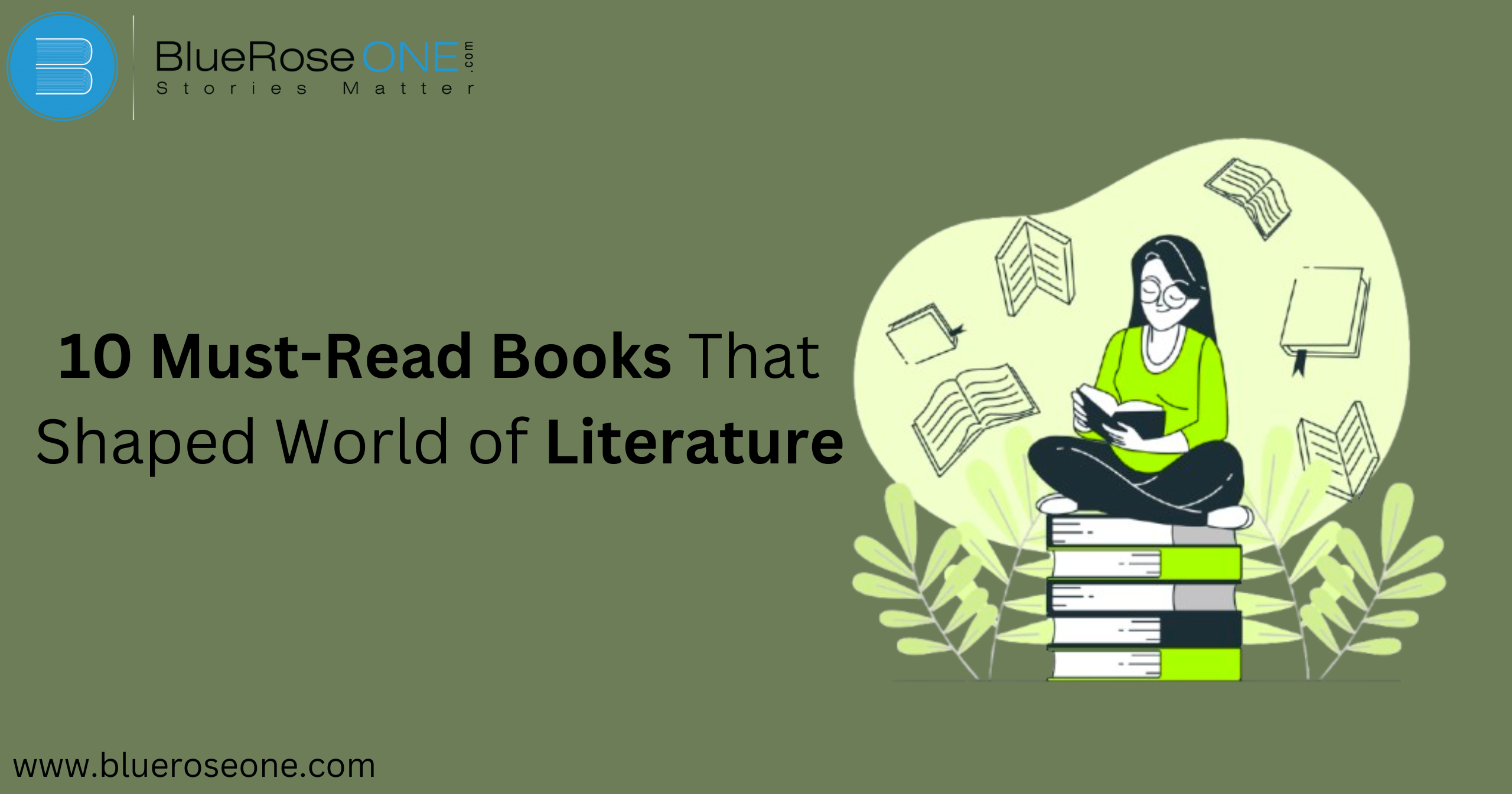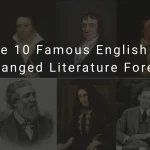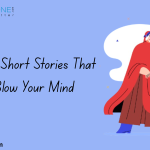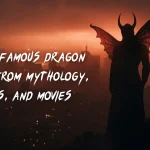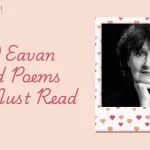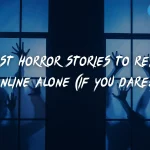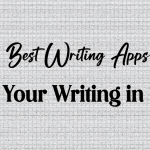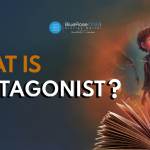Some books don’t just tell a story—they shape the way we see the world. Literature has always been a reflection of human experiences, values, and historical moments. Certain books have influenced cultures, changed societies, and defined entire literary movements. This article explores 10 must-read books that have left a lasting impact on world literature.
1. The Epic of Gilgamesh – The Oldest Surviving Story
The Epic of Gilgamesh is an old Mesopotamian poem that was composed before 2100 BCE and is regarded as the first known work of literature. Themes of friendship, death, and the pursuit of purpose in life are all examined in this epic. It laid the groundwork for the storytelling customs that still exist today.
You may also like: Book Review: Bound to You, Against My Will by Urja Wagh
For more than 2,000 years, Homer’s epics, The Iliad and The Odyssey, have influenced storytelling. The Odyssey chronicles Odysseus’ arduous return trip, whereas the Iliad depicts Achilles’ fury during the Trojan War. Numerous literary works, ranging from contemporary novels to popular movies, exhibit their influence.
4. Don Quixote by Miguel de Cervantes – The First Modern Novel
Don Quixote was published in the early 1600s and is often regarded as the first modern fiction. It follows a crazy man who believes he is a knight, providing a biting satire of chivalry and societal conventions. Cervantes’ work affected the evolution of the novel as an artistic form.
You may also read: List of Best Libraries in Southampton for Book Lovers
5. Hamlet by William Shakespeare – The Ultimate Tragedy
6. Pride and Prejudice by Jane Austen – The Foundation of Romantic Fiction
Jane Austen’s Pride and Prejudice (1813) was a groundbreaking masterpiece in romance writing. Austen’s witty and independent character, Elizabeth Bennet, questioned gender stereotypes and societal expectations, inspiring generations of writers.
7. War and Peace by Leo Tolstoy – A Masterpiece of Historical Fiction
Tolstoy’s War and Peace (1869) is an epic novel that combines history and fiction, examining the Napoleonic Wars and their consequences for Russian culture. It is not only a military story, but also a philosophical exploration of fate, free will, and human nature.
You may also like: How to Use Present Tense Effectively in Your Storytelling
8. One Hundred Years of Solitude by Gabriel García Márquez – Magical Realism at Its Peak
9. 1984 by George Orwell – The Ultimate Dystopian Novel
Orwell’s 1984 (1949) is still one of the most significant works in current times. Its themes of surveillance, propaganda, and authoritarian control continue to shape debates about privacy, government authority, and free expression.
10. Things Fall Apart by Chinua Achebe – African Literature’s Defining Novel
Achebe’s Things Fall Apart, published in 1958, investigates colonialism’s influence on traditional African civilizations. This novel globalized African literature and challenged Western narratives about Africa.
You may also like: How to Publish a Book? | Publish Your Book | BlueRoseOne
Conclusion
These ten novels shaped literature and influenced storytelling across countries and time periods. Whether through epic poetry, historical fiction, or dystopian warnings, they impart eternal teachings and profound insights into the human experience. If you haven’t read them before, now is an excellent time to begin!

